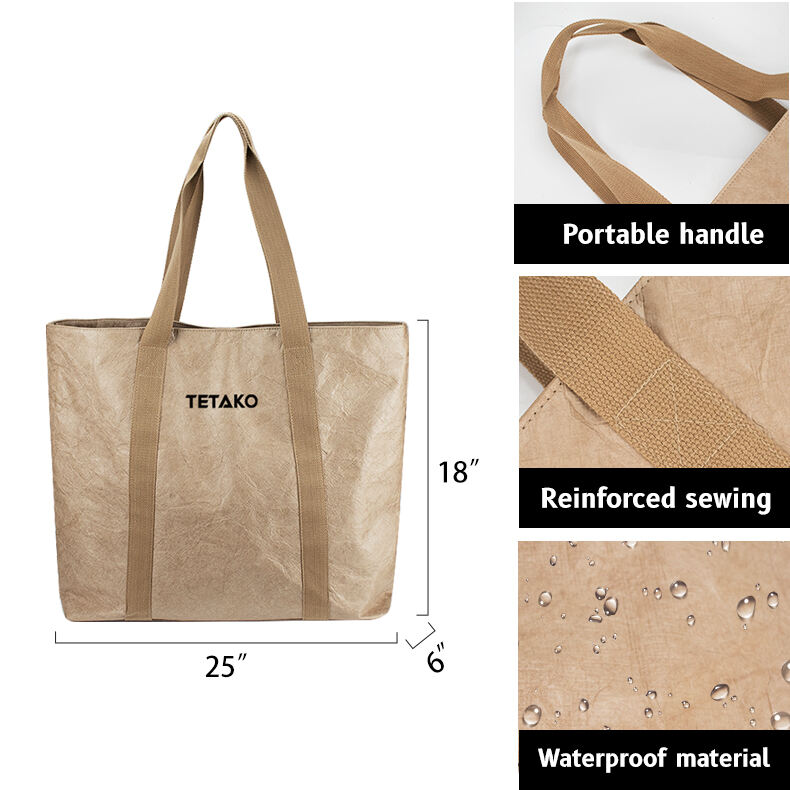What Makes an ITA Bag Certified for Quality?
Quality-certified ITA bags undergo rigorous testing across three key dimensions:
-
Material integrity: Fabrics must pass tensile strength (≥200N/cm²) and colorfastness tests per ISO 105-B02:2014
-
Construction durability: Zippers withstand 10,000+ open/close cycles (ASTM D2061), seams maintain integrity under 25kg loads
-
Safety compliance: Lead content <90 ppm (CPSIA), phthalate-free materials meeting EU REACH regulations
Leading manufacturers combine these physical tests with ISO 9001-certified production processes to ensure consistency.
Key International Standards in ITA Bag Manufacturing
Certification requirements vary by market, but six standards dominate global ITA bag production:
Top manufacturers use OEKO-TEX® certified materials and maintain TÜV SÜD-processed supply chains.
How Certifications Build Trust in ITA Bag Wholesale Markets
Certification badges reduce buyer risk—78% of bulk purchasers require at least two recognized quality seals. Verified compliance:
- Cuts return rates by 34% (textile industry average)
- Enables faster shelf restocking through customs prioritization
- Increases repeat order likelihood by 41%
Wholesalers using ISO-certified manufacturers report 19% higher margins versus uncertified alternatives.
Balancing Aesthetics and Safety in Custom ITA Bag Design
ISO 9001-certified manufacturers use reinforced stitching (minimum 8 stitches per inch) and laminated zippers to maintain structural integrity. The 2023 Global Accessories Safety Report found that 78% of recalls stemmed from decorative elements compromising functionality.
Key safety-certified features:
- Rounded hardware edges (<2mm radius per ASTM F963)
- Non-PVC laminated fabrics passing REACH compliance
- Ergonomic straps with 300+ lb tensile strength (EN 1621-2)
Choosing a Custom ITA Bag Manufacturer with Proven Compliance
63% of wholesale purchasers terminate contracts with manufacturers lacking compliance documentation. Prioritize partners offering:
- Third-party audit trails (e.g., ISO 13485)
- Material traceability (CPSIA-compliant documentation)
- In-process quality checks (14+ documented inspections)
Top manufacturers maintain <2% defect rates using IATF 16949 automotive-quality protocols.
Selecting Durable, Certified Materials for ITA Bag Production
Leading manufacturers prioritize fabrics meeting ISO 20471 or ASTM D6193 for tear resistance and UV stability. For water resistance, bluesign®-approved laminates are critical for healthcare or food service applications.
How Manufacturer Selection Impacts ITA Bag Supply Chain Quality
Key factors:
-
Material Traceability: Blockchain tracking reduces errors by 72%
-
Testing Infrastructure: In-house ISTA 3A labs validate drop-test compliance
-
Ethical Audits: SMETA-aligned suppliers have 19% corrective action rates
Resolving the Cost vs. Certification Challenge
While certified ITA bags cost 12-18% more upfront, they reduce long-term liabilities by:
- 63% fewer repairs than uncertified alternatives
- 22-29% lower auditing fees through SA8000-certified factories
- 41% faster recertification with sustainability training
Why B2B Buyers Prioritize Quality-Certified ITA Bag Wholesale Options
68% of procurement teams require certifications like ISO 9001 or OEKO-TEX Standard 100 due to:
- 40% fewer defects vs. non-certified alternatives
- 83% easier customs clearance
- 29% higher customer retention rates
Calculating the Long-Term ROI of Trusted ITA Bag Manufacturers
Certified ITA bags deliver 3-year ROI through:
One distributor reduced ownership costs by 31% switching to ISO-certified suppliers, with certified bags lasting 2.3x longer in commercial use.
Smart Materials and Next-Gen ITA Bag Durability
68% of certified producers now use AI-driven quality control to enhance:
- Self-healing polymers and conductive textiles
- Nano-coatings for liquid repellency
- Shape-memory alloys for impact resistance
Digital Tracking for Transparent ITA Bag Certification
Blockchain solutions address $2.7B in counterfeit claims by providing:
- Real-time material tracing
- Tamper-proof audit logs
- 40% faster due diligence via QR-based data
The Rise of Eco-Certified ITA Bags
210% YoY growth in FSC-certified vegan leather ITA bags drives adoption of:
- Closed-loop recycling (97% waste reclamation)
- Solar-powered facilities (63% lower carbon footprint)
- Cradle to Cradle Certified® dyes
FAQ
What are the key certifications for ITA bags?
Key certifications include ISO 9001, OEKO-TEX Standard 100, EN 71-3, ASTM F963-17, and others focusing on material safety and manufacturing standards.
How do certifications impact ITA bag manufacturing?
Certifications ensure quality, safety, and compliance with international standards, leading to increased trust and reduced return rates in the wholesale market.
Why do certified ITA bags cost more upfront?
While initially more expensive, certified bags provide long-term savings through fewer repairs, lower auditing fees, and reduced compliance penalties.
How can blockchain enhance ITA bag certification transparency?
Blockchain allows for real-time material tracing and tamper-proof audit logs, enhancing transparency and reducing counterfeit risks.

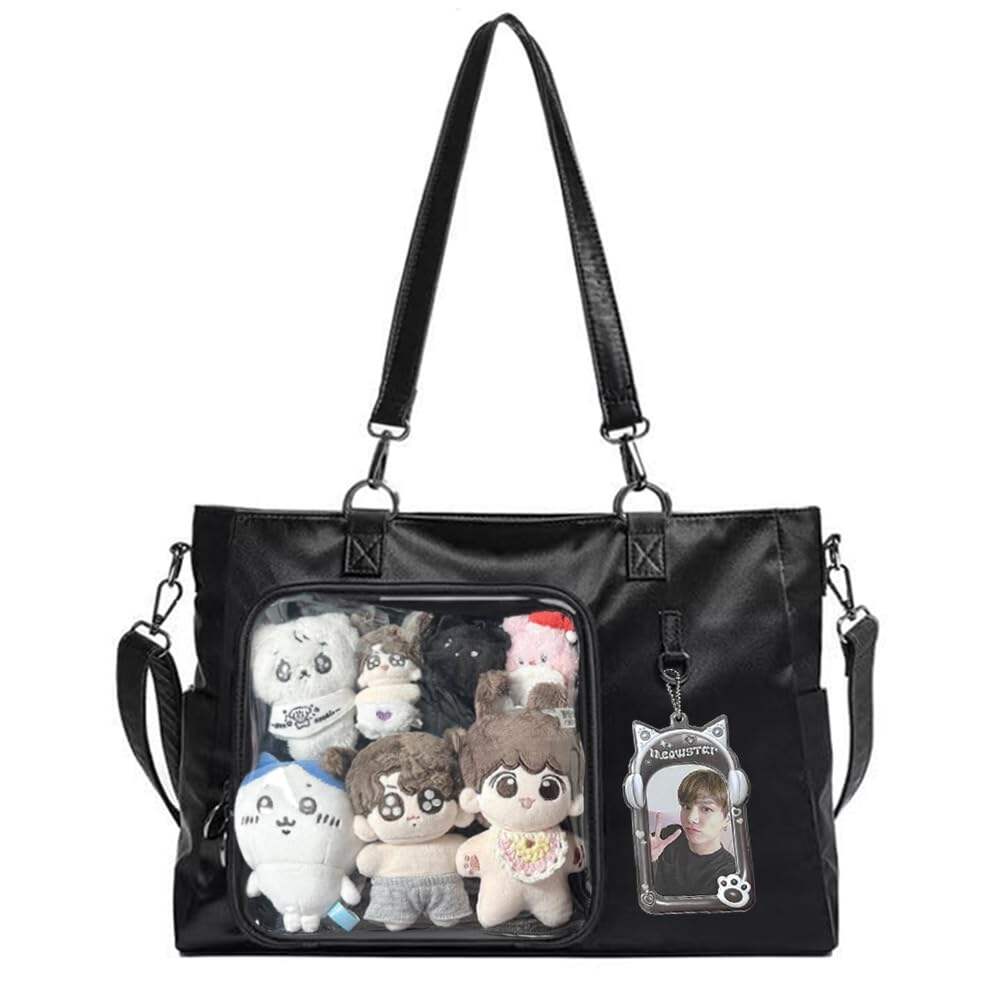
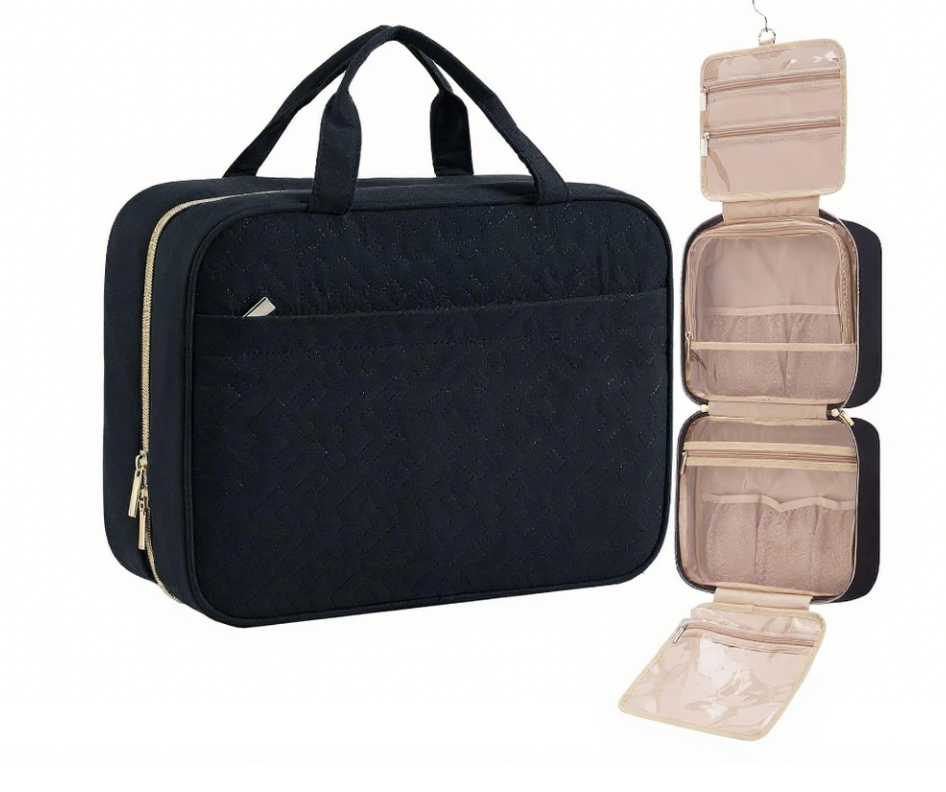
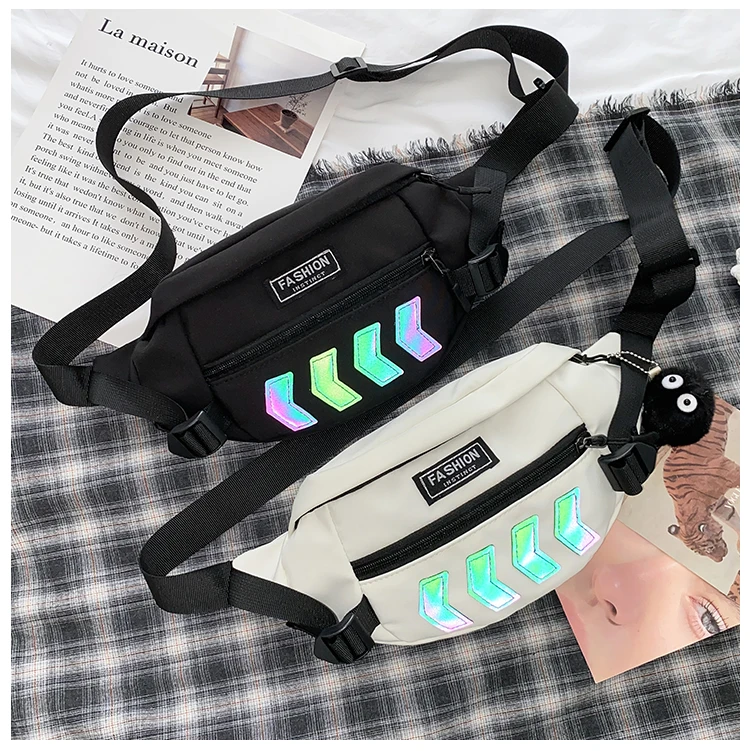
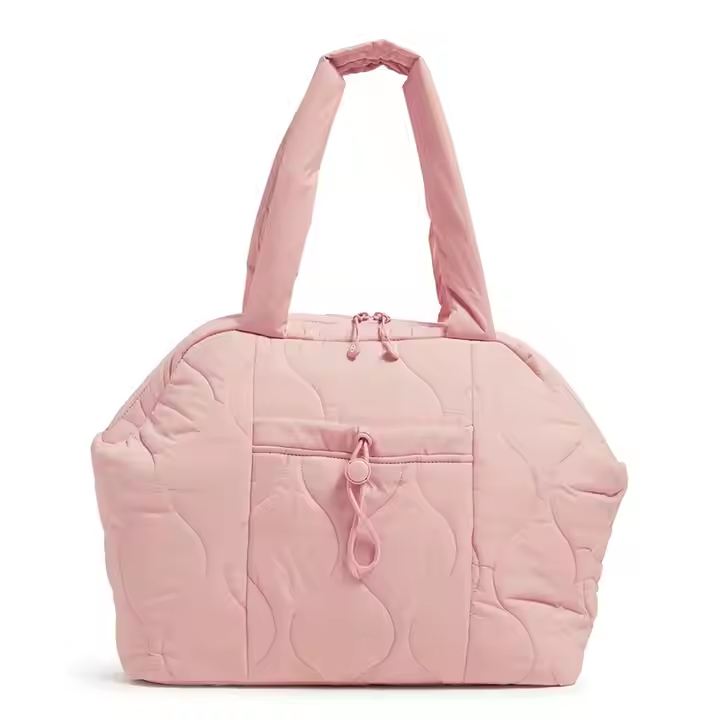

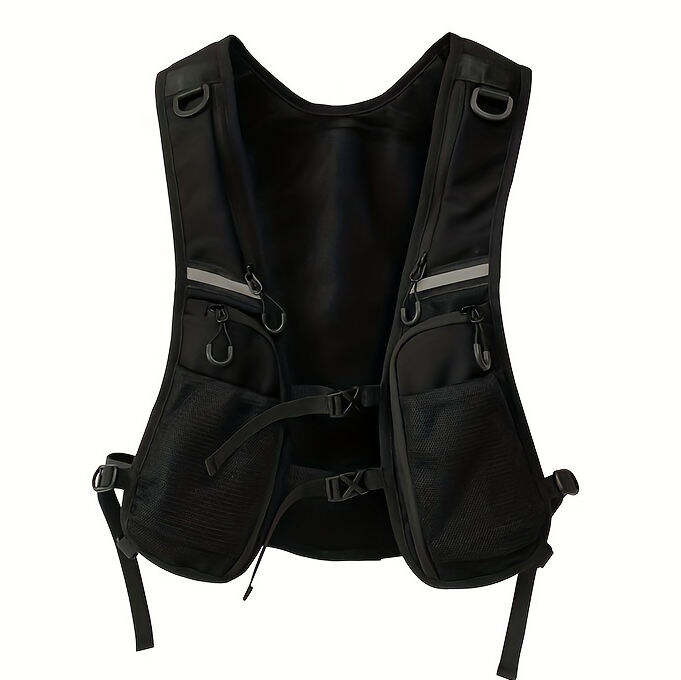
 Hot News
Hot News